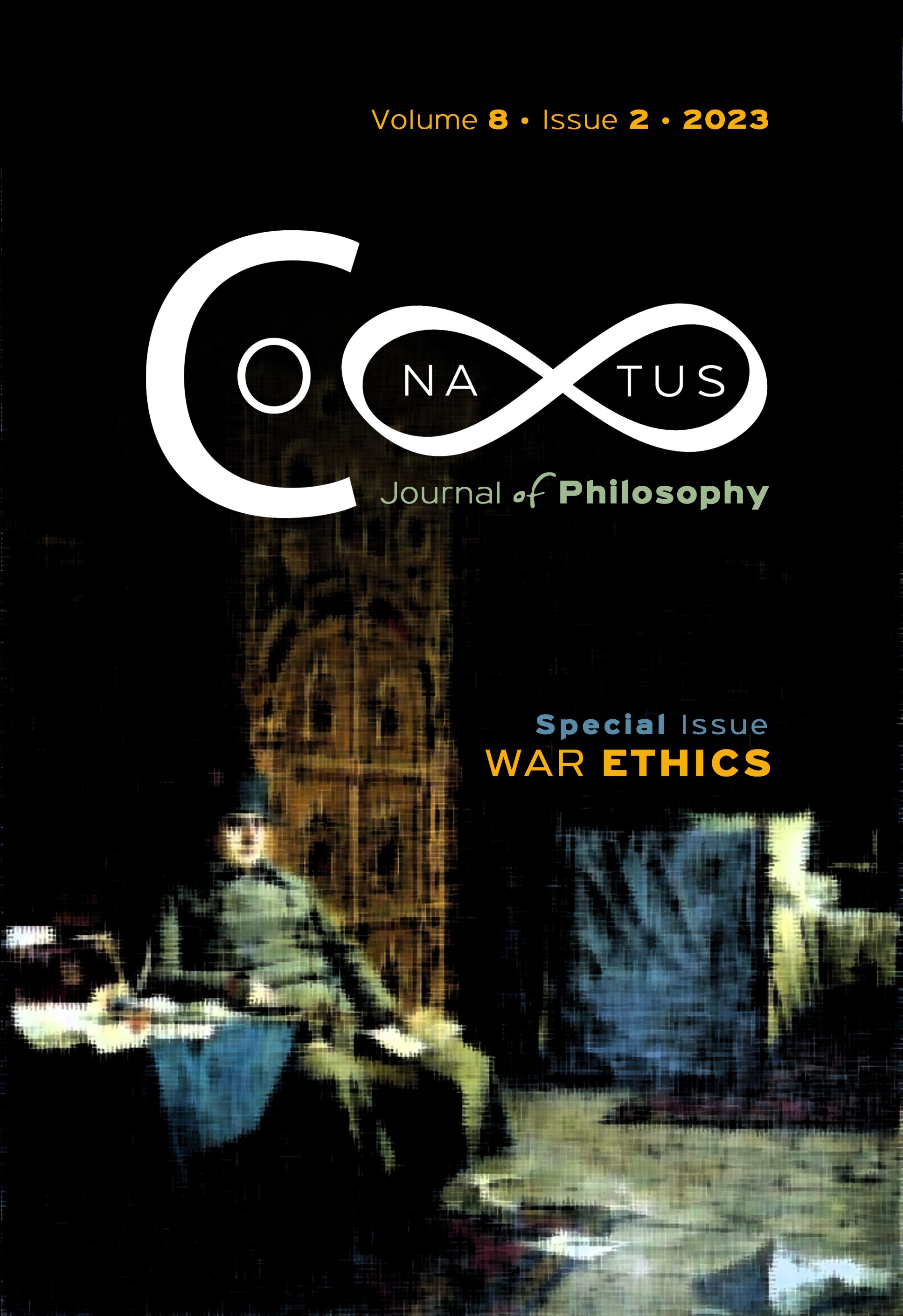An Ethics of Sanctions? Attempt and Critique of the Moral Justification of Economic Sanctions

Abstract
In this article, I raise the question of whether economic sanctions are morally legal. I present the jus ad bellum principles and the Doctrine of Double Effect (DDE) as the theoretical basis for analyzing the ethical foundations of this political instrument. I show that economic sanctions are an instrument of war, that can be morally legitimized through the DDE and the just war principles. Using the example of the EU-sanctions against Russia I show how proponents of the DDE justify the use of economic sanctions and what negative side effects result from their application. From a critical perspective, I want to show that this kind of moral justification is wrong. My critique is based on the assumption that the individual intention of an acting person/government can be misdirected by various external factors. As the groupthink concept illustrates, dissenting opinions are neglected in the consensus-building process. In addition, advisors, experts and employees influence the opinion of government officials to a considerable extent. This leads to the formation of specific moral concepts. This is particularly evident regarding the Russian war of aggression against Ukraine. The Russian government has created its own moral code based on historical events, individual opinions and fantasies of maintaining power. This is contrary to the moral codes of Western states. The difference in moral concepts also results in different intentions to act. These different views make it difficult to evaluate sanctioning procedures as morally good or bad. Consequently, the mere focus on intention is insufficient as an assessment standard for the moral status of an action.
Article Details
- How to Cite
-
Ladurner, F. (2023). An Ethics of Sanctions? Attempt and Critique of the Moral Justification of Economic Sanctions. Conatus - Journal of Philosophy, 8(2), 313–343. https://doi.org/10.12681/cjp.35123
- Section
- Articles
- Categories

This work is licensed under a Creative Commons Attribution-NonCommercial 4.0 International License.
Authors who publish with this journal agree to the following terms:
Authors retain copyright and grant the journal right of first publication with the work simultaneously licensed under a Creative Commons Attribution Non-Commercial International License (CC BY-NC 4.0) that allows others to share the work with an acknowledgement of the work's authorship and initial publication in this journal.
Authors are able to enter into separate, additional contractual arrangements for the non-exclusive distribution of the journal's published version of the work (e.g. post it to an institutional repository or publish it in a book), with an acknowledgement of its initial publication in this journal.
Authors are permitted and encouraged to post their work online (preferably in institutional repositories or on their website) prior to and during the submission process, as it can lead to productive exchanges, as well as earlier and greater citation of published work.





